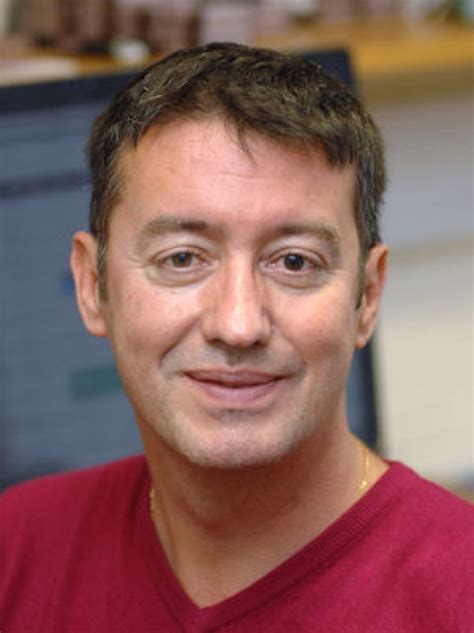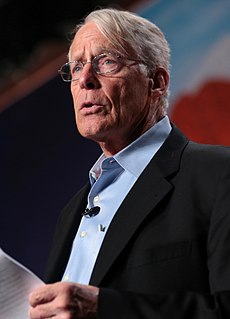A Quote by Taner Edis
Of course, Jastrow's comment is exaggerated at best; theologians hardly predicted the Big Bang. If our universe turns out to be closed, hence with an end, this does not mean apocalyptic visions of the end of the world were on target. And even if a beginning for the universe is a successful prediction of one version of theism, this is still not that impressive. After all, even a stopped clock is right twice a day. The Big Bang becomes strong support for God only with an argument showing that such a beginning requires a Creator.
Quote Topics
After
Apocalyptic
Argument
Bang
Becomes
Beginning
Best
Big
Big Bang
Clock
Closed
Comment
Course
Creator
Day
Does
End
End Of The World
Even
Exaggerated
God
Hardly
Hence
Impressive
Mean
Only
Our
Out
Predicted
Prediction
Requires
Right
Showing
Still
Stopped
Stopped Clock
Strong
Strong Support
Successful
Support
Target
Theism
Theologians
Turns
Twice
Twice A Day
Universe
Version
Visions
Were
World
Related Quotes
One can imagine that God created the universe at literally any time in the past. On the other hand, if the universe is expanding, there may be physical reasons why there had to be a beginning. One could imagine that God created the universe at the instant of the big bang, or even afterwards in just such a way as to make it look as though there had been a big bang, but it would be meaningless to suppose that it was created before the big bang. An expanding universe does not preclude a creator, but it does place limits on when he might have carried out his job!
Observations indicate that the universe is expanding at an ever-increasing rate. It will expand forever, getting emptier and darker. Although the universe doesn’t have an end, it had a beginning in the Big Bang. One might ask what is before that but the answer is that there is nowhere before the Big Bang just as there is nowhere south of the South Pole.
In the popular mind, if Hoyle is remembered it is as the prime mover of the discredited Steady State theory of the universe. "Everybody knows" that the rival Big Bang theory won the battle of the cosmologies, but few (not even astronomers) appreciate that the mathematical formalism of the now-favoured version of Big Bang, called inflation, is identical to Hoyle's version of the Steady State model.
Modern thinking is that time did not start with the big bang, and that there was a multiverse even before the big bang. In the inflation theory, and in string theory, there were universes before our big bang, and that big bangs are happening all the time. Universes are formed when bubbles collide or fission into smaller bubles.
Ironically, members on both sides of the debate do agree about one thing: big bang cosmology puts their position in jeopardy. The big bang poses a problem for young-earth creationists because it makes the universe billions of years old rather than thousands. Such an assertion undercuts their system at its foundation. Big bang cosmology also presents a problem for atheistic scientists because it points directly to the existence of a transcendent Creator - a fact they dare not concede.
A completed book exists in its entirety, although we humans read it in a time sequence from the beginning to the end. Just as an author does not write the first chapter, and then leave the others to write themselves, So God's creativity is not to seem as uniquely confined to, or even especially invested in, the event of the Big Bang. Rather his creativity has been seen as permeating equally all space and all time: his role as Creator and Sustainer merge.





























